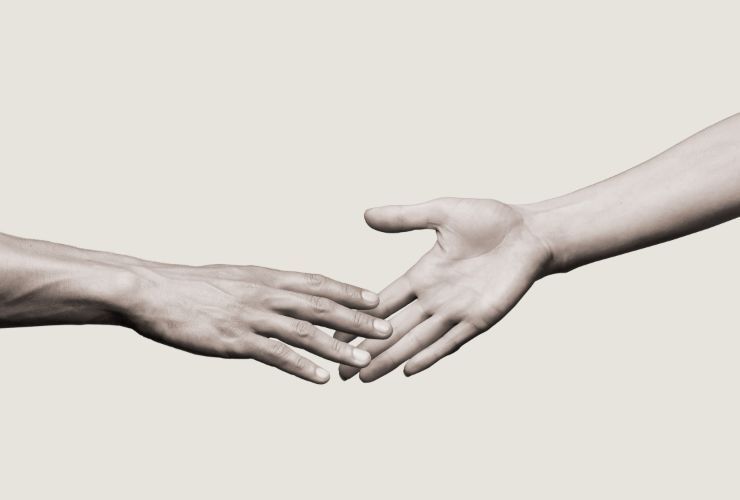TREATMENT
CHIN AUGMENTATION
A weak, or receding, chin characteristically sits in towards the neck, rather than protruding. It is a concern that can cause an imbalance to the lower proportions of the face, and can also lead to other conditions such as a double chin. A weak chin most commonly occurs as a result of inherited genes, but in some cases it can form when the structure of the jaw becomes damaged and / or deformed by way of injury or trauma.
2-12 WEEKS
GENEREAL ANAESTHETIC

RECOVERY
ANAESTHETIC
PERMANENT

DURATION
1-2 HOURS
TIME TAKEN


TIME TAKEN
DURATION
ANAESTHETIC
RECOVERY



1-2 HOURS
PERMANENT
GENERAL ANAESTHETIC
2-12 WEEKS
Chin augmentation can also be referred to as ‘chin enlargement’ or ‘chin enhancement’. When this procedure is approached surgically, it involves the insertion of implants. This simple procedure places the implants at appropriate places to support the structure of the jaw without altering the patient’s anatomy, so the chin protrudes in line with the nose and mouth. Other procedures such as injectable fillers can be used in combination with implants to create a more defined look.
Our treatments for the face and eyes are carried out under general anaesthetic. Here at The REAL Clinic, we use total intravenous anaesthesia as it has greater potential benefits compared to other forms of anaesthesia. Intravenous anaesthesia is more rapid in onset, and elimination which allows for speedier recovery. Further benefits include; increased haemodynamic stability (stabilised blood flow), decreased risk of organ toxicity, decrease in surgical haemostasis (bleeding), reduced risk of postoperative nausea and vomiting, and improved, more predictable recovery.
LEARN MORE ABOUT CHIN AUGMENTATION
QUESTIONS OFTEN ASKED ABOUT CHIN AUGMENTATION
-
What side effects should I expect?
After the surgery you can expect to experience some swelling, bruising and redness around the lower part of the face. These effects, along with some numbness, should be temporary and will often have eased within a few weeks. Our team will monitor your healing and recovery through a series of post-surgery appointments, advising when certain activities are safe to resume.
-
Will the scarring be visible?
Incisions for this procedure are typically made either inside the mouth (buccal sulcus incision), or in the natural crease under the chin (a submental incision). The approach your surgeon uses will depend on your concerns and which is considered to produce the most successful results. As the incisions are in discreet places, it is likely that scarring will also be fairly hidden.

RELATED TREATMENTS
WOULD YOU LIKE A LITTLE EXTRA HELP?
If you’re not sure what treatment you need, or you would just like a chat to get some advice, give our team a call or drop us a message and we’ll be happy to help.






